In 1995, the map of Canada stood within a striking distance of being dramatically altered. Quebec – a province that made up over quarter of the country’s population believed its Francophone culture deserved an independent identity – and was close to collectively pass a damning verdict on the idea of a united Canada. C’est pas mon affaire was a refrain that grew louder than ever. In an October 1995 referendum, had Quebec voted to break away, the former premier of Quebec, Jacques Parizeau was ready to unilaterally declare its independence from Canada. The future of Canada hung in balance and set the proverbial cat among pigeons in the national elections two years later where ‘Quebec’ became an agenda. Parizeau writes about the bizarre possibility in his book. Walking on thin ice For a nation that has treaded on an unsteady ground of domestic discord two decades ago, it has an uncanny knack of proffering unwise fillip to fading militant groups that harbour dreams to uproot a culture in another country. A tasteless tableau using India’s former prime minister, Indira Gandhi was displayed at a parade in Canada on 4 June to commemorate the anniversary of Operation Bluestar that saw a fierce gunbattle resulting in the deaths of Sikh militants including their leader Jarnail Singh Bhindranwale and others. The parade marked references to the Sikh pogrom of 1984. The tableau marking the glorification of assassination of a former Indian prime minister met with suitable approbation from the Indian foreign minister and condemnation from Canada’s High Commissioner to India, Cameron MacKay. It was the right diplomatic thing to do. But then, Canada, like before, tended to send out confusing signals when Brampton mayor Patrick Brown issued a statement that the police didn’t consider such demonstration as involving a hateful motive. This wasn’t the first time Canada seemed to conflate diplomatic nicety mixed with an accommodative stand towards radical organisations in Canada. In September last year, a statue of Mahatma Gandhi was wrecked in Ontario. Earlier Khalistani groups damaged the Swaminarayan temple in Canada and pasted hateful graffiti. Two months later, Sikhs for Justice, a banned radical group in Brampton, passed a referendum in favour of Khalistan. In response India issued a travel advisory to Canada a day later. “A farcical exercise was held by the extremists and radical elements supporting the so-called Khalistan Referendum in Canada and elsewhere," read out an angry Arindam Bagchi from India’s MEA in response. The Kanishka disaster from Canada’s soil Canada’s tryst with Sikh militancy isn’t new. On 23 June 1985, an Air India flight that took off from Canada exploded 45 minutes before it was supposed to land in London’s Heathrow airport. There were 329 passengers on board. No one survived the crash. Khalistani militant groups were responsible for the bombing but the investigations in Canada took 25 years to conclude the trial. Ripudaman Malik – the key accused was shot dead in Surrey, British Columbia and his car was burnt – packing off the air bombing investigation’s findings into a cul de sac. For decades, Canadian governments have found themselves deferring to militant groups who were responsible for a ghastly plane bombing that emanated from their soil. In the recent decade, Justin Trudeau’s tenure has seen an unusual rise of this anti India tirade from Canadian soil. Over the last few years, the Canadian government’s response to the brewing, billowing fanaticism of certain groups is so feckless that it has oscillated from the apathetic to the feeble. When contrasted with Prime Minister Trudeau’s sudden fustian enthusiasm for domestic issues in India such as the farmer’s movement in Punjab, the penny drops. Trudeau’s dilemma Why does Trudeau appear vacillating and hesitant? Why does the Canadian government speak in different voices? A growing Sikh population of settlers in Canada over the last four decades meant that radical groups became key political influencers. Trudeau understood well where the support for his government lay. He began to pander to the radical Sikh groups to outwit the opposition. In 2015, Trudeau attended the Khalsa day parade, which accused India of genocide in 1984. The Sikh pogrom is one of the darkest chapters in India’s history, in which serious human rights violations occurred and the perpetrators still abound, but by lending support to opportunistic militant groups in its own land, Canada was breeding a crocodile in its farm. In 2018, Trudeau’s first state visit to India was an embarrassing one for a state premier, as he found himself ignored by the Indian government and became a meme for the media. Trudeau began to befriend the NDP, led by Jagmeet Singh – a Khalistani supporter and fund raiser. In the 2019 elections, Trudeau’s Liberal Party won 157 seats while the opposition Conservative won 121. Trudeau needed 13 legislators to get to the number of 170 to form a government. Among others, NDP got 24. Trudeau needs the support of NDP to ensure the government doesn’t fall. In return, Jagmeet gets what he wants – nuisance value against India. The bond is expected to continue at least until 2025. Will Canada miss the bus? India is a critical market for Canadian products such as lentils, peas, lumber and potash, especially as India remains the world’s fastest growing economy. Canada attracts a large section of Indian students and professionals who find it easier to settle in a country that has over 1.2 million Indian origin people. There is a growing tribe of bright, enterprising Indian business owners and entrepreneurs who have invested in Canadian ventures and believe in an India-Canada story. In the past few years, India has bonded with democracies such as Japan and Australia (it didn’t have deep ties with the latter until recently), diversified weapons exports from Russia to include other countries such as France and the US. India’s relations with the middle east have resulted in inflow of funds to power infrastructure-led growth plans for the economy. Despite the extremities of India-China rivalry, there is a continuing trade relationship. The tepid India-Canada equation, on the other hand, is baffling. In 1980s, Canada provided safe harbour to anti India militancy movements. Relations began to change in 1990s. Then, in 2015, Canada and India signed a momentous nuclear deal for supply of 3.2 million kilograms of uranium over five-year period. The future promised much. However, despite the common bonds of a democratic and free world ecosystem, exchanges between India and Canada occasionally regress into the gloomy 1980s. The rise of Jagmeet Singh and the influence of Khalistani radical groups in Canada’s institutions has meant that individuals and certain Gurudwaras have been used in Canada in attempts to infiltrate into India’s financial ecosystem. A case in point being the attempt by a Khalistani backed businessman to invest in an Indian bank a few years ago. It was information about his involvement with a Gurudwara patronised by Sikhs for Justice, a radical Khalistani group, that gave away his motives. Justin Trudeau’s worst kept secret is that he is a prime minister because of the support of a political party that backs pro-Khalistan groups. Trudeau tries to befriend India but appears weak because he dines with the devil, whose writ runs his political future. Canada doesn’t seem to be able to shake off the influence of Khalistani activists on its soil. In the bargain though, unlike the 1980s, it is Canada that stands to lose out this time while a resurgent India builds stronger bridges with other major democracies to drive collaborative growth. For the Canadian government to not invest sincerely into a political and business relationship with India might mean an opportunity lost - for Canada. The writer is the author of ‘Watershed 1967: India’s Forgotten Victory over China’. His fortnightly column for FirstPost — ‘Beyond The Lines’ — covers military history, strategic issues, international affairs and policy-business challenges. Views expressed are personal. Tweets @iProbal Read all the Latest News, Trending News, Cricket News, Bollywood News, India News and Entertainment News here. Follow us on Facebook, Twitter and Instagram.
Justin Trudeau’s worst kept secret is that he is a prime minister because of the support of a political party that backs pro-Khalistan groups
Advertisement
End of Article


)
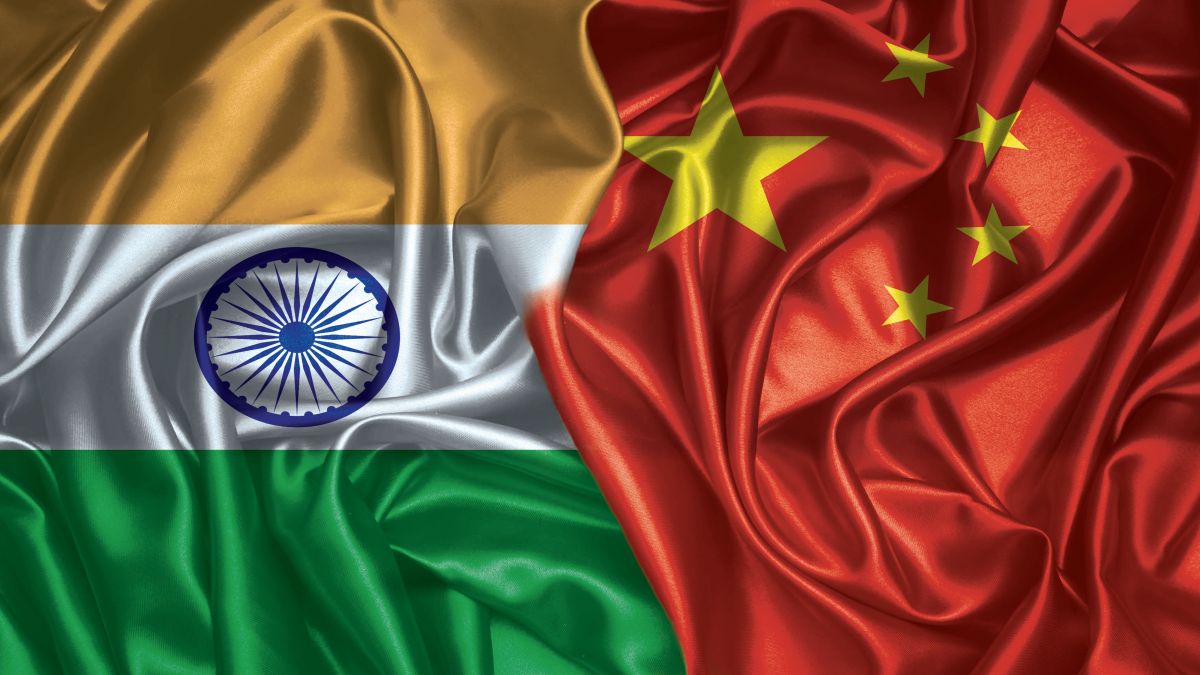
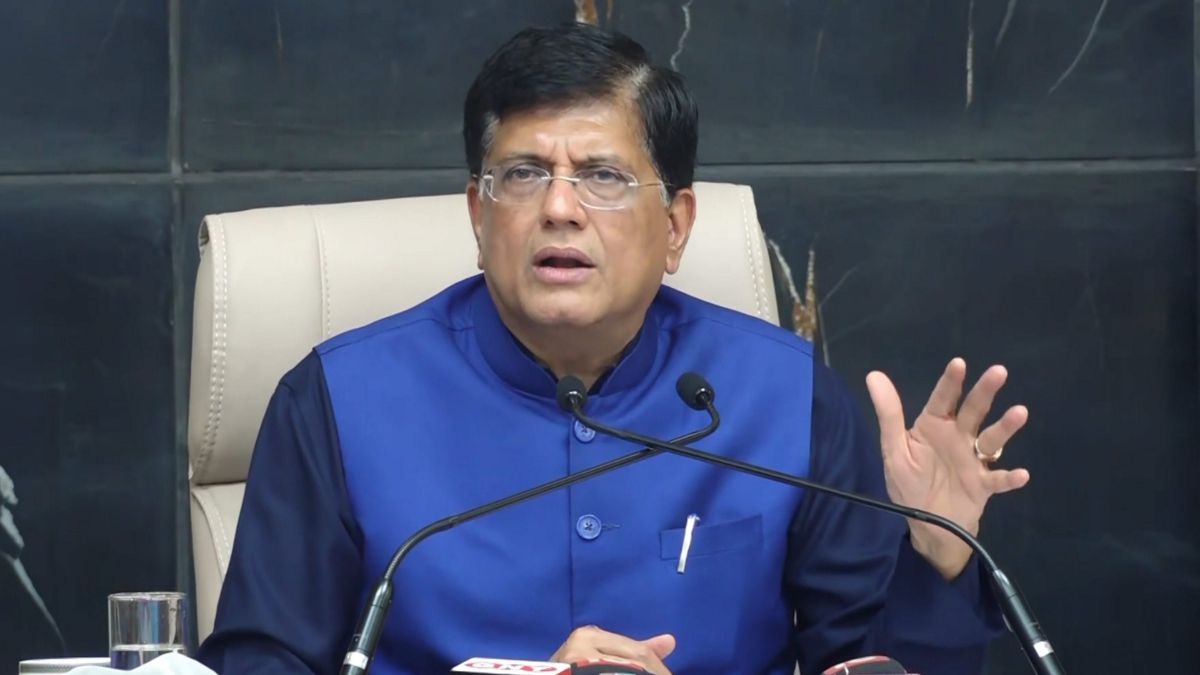)
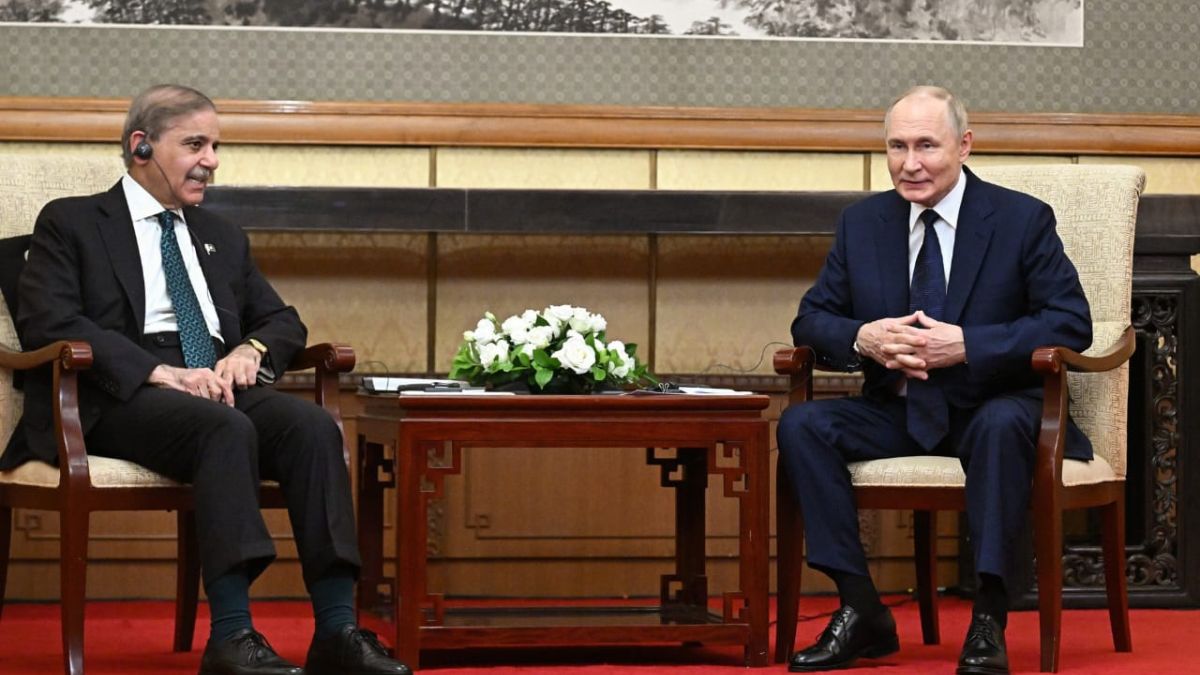)
)
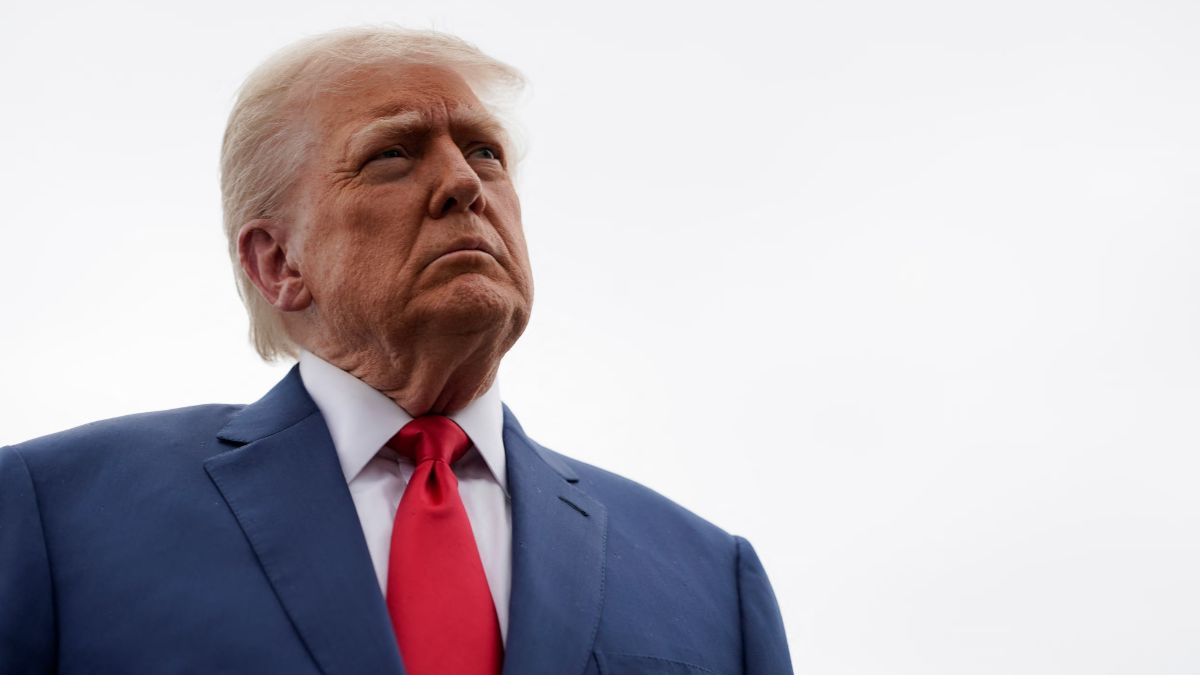)
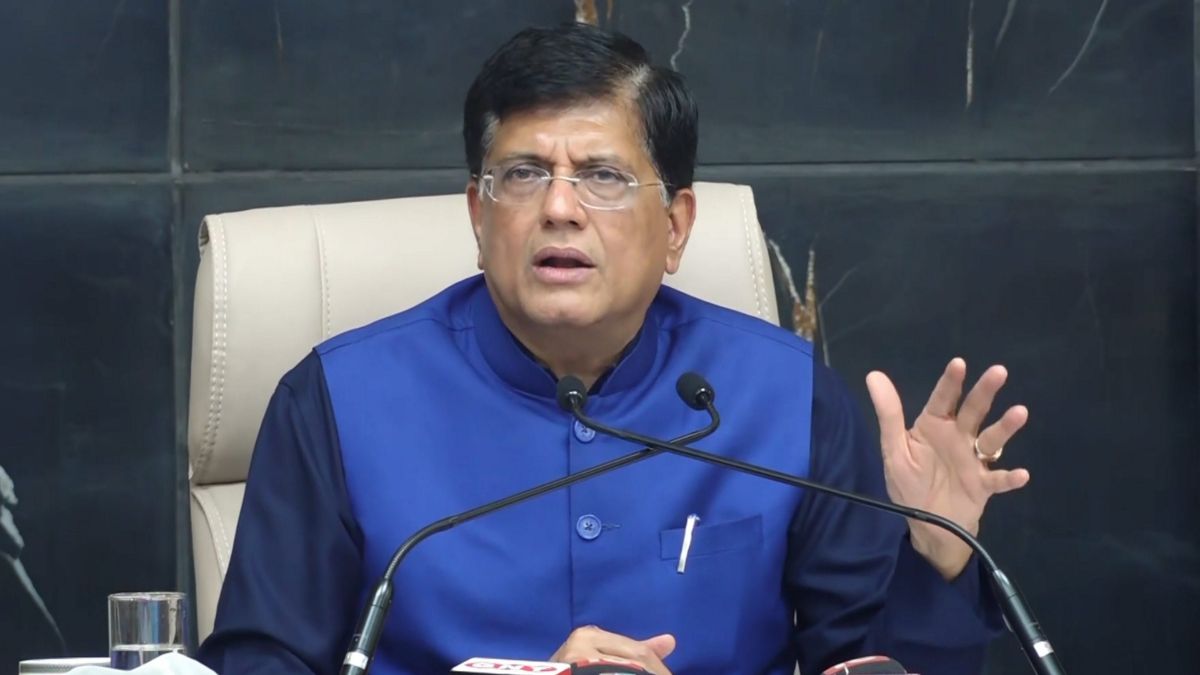)
)
)
)



